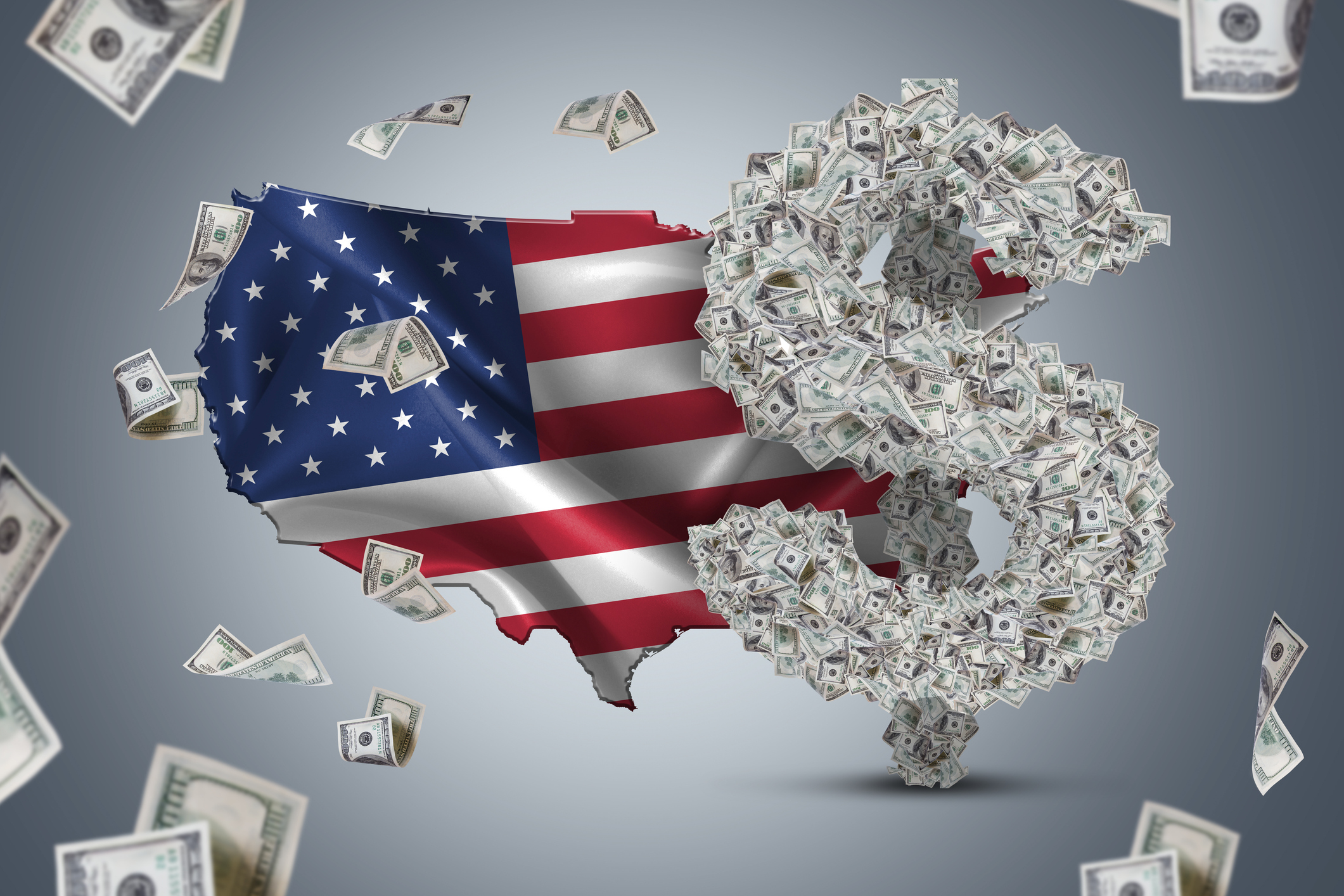
Investing can help you increase your net worth, but capital gains taxes could slow your progress. And the federal capital gains tax isn’t the only thing to worry about.
Most states also impose taxes on long-term capital gains (typically, gains held for more than one year), some at a higher rate than others. So, you may want to familiarize yourself with these worst states for investors before purchasing that investment property or those high-growth stocks.
Worst capital gains tax states for investors
To determine the worst states for investors, we considered each state’s top long-term capital gains tax rate. We did not compare state tax rates for investors with lower incomes. For that reason, the states on this list might not apply to those with nominal investment earnings. All investors should carefully consider possible tax implications when buying and selling assets.
California
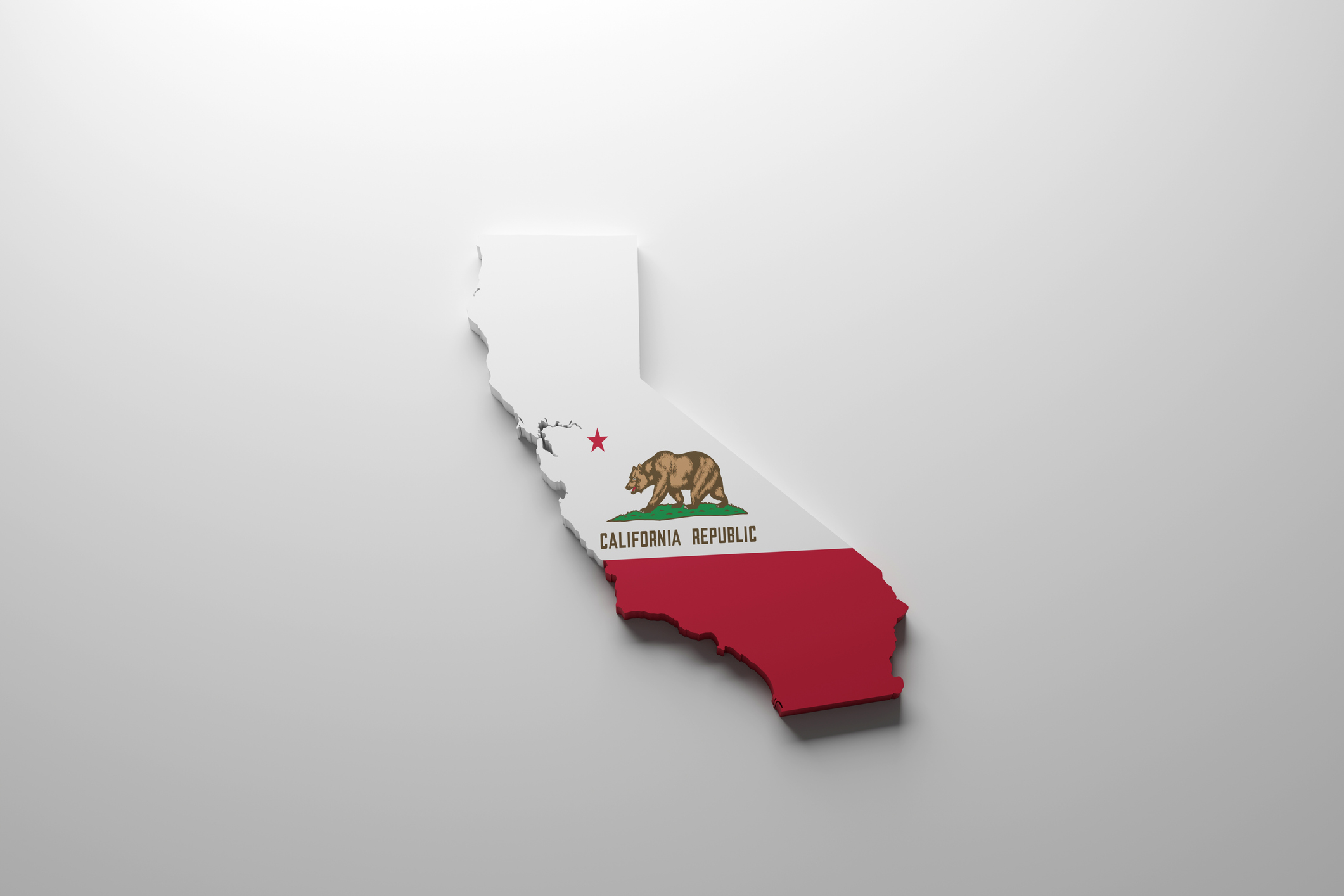
High long-term capital gains tax rate: 13.3%
It’s probably no surprise to see California make this list. The Golden State is well-known for imposing high tax burdens on its wealthiest residents (and investors).
California is the most expensive state for wealthy investors, with a capital gains tax rate of 13.3% on income exceeding $1 million. And high-earning employees should take note. A newly expanded payroll tax means California’s highest earners to pay an additional 1.1%.
New York
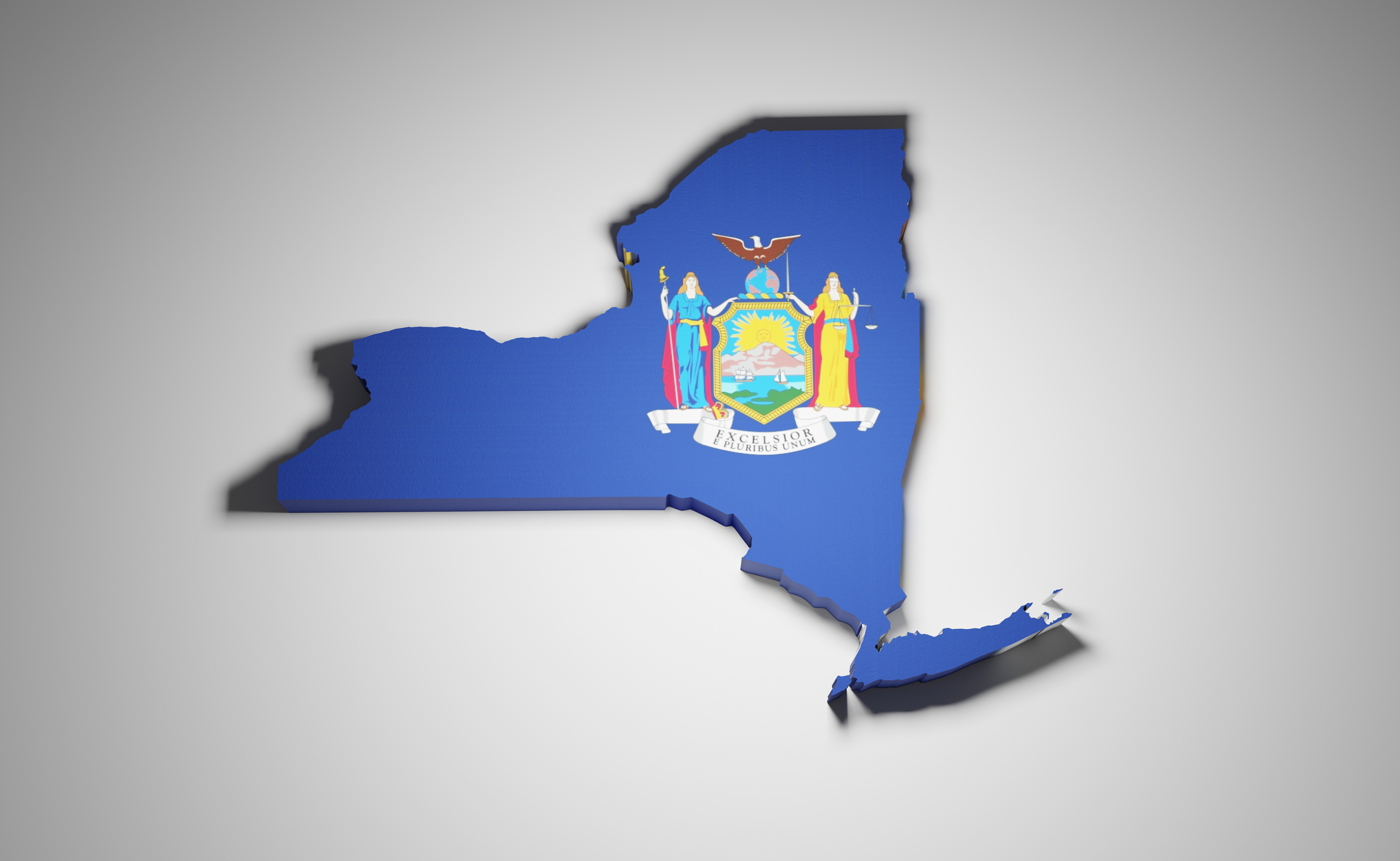
High long-term capital gains tax rate: 10.90%
New York comes in on this list as the second worst state for investors. The high New York 10.90% tax rate applies to capital gains and earned income.
While this tax rate only applies if your income reaches $25 million, even lower earnings are often taxed at high rates. For example, in the Empire State, income that exceeds just $21,400 ($43,000 for joint filers) is subject to a tax rate of at least 6.21%.
Minnesota
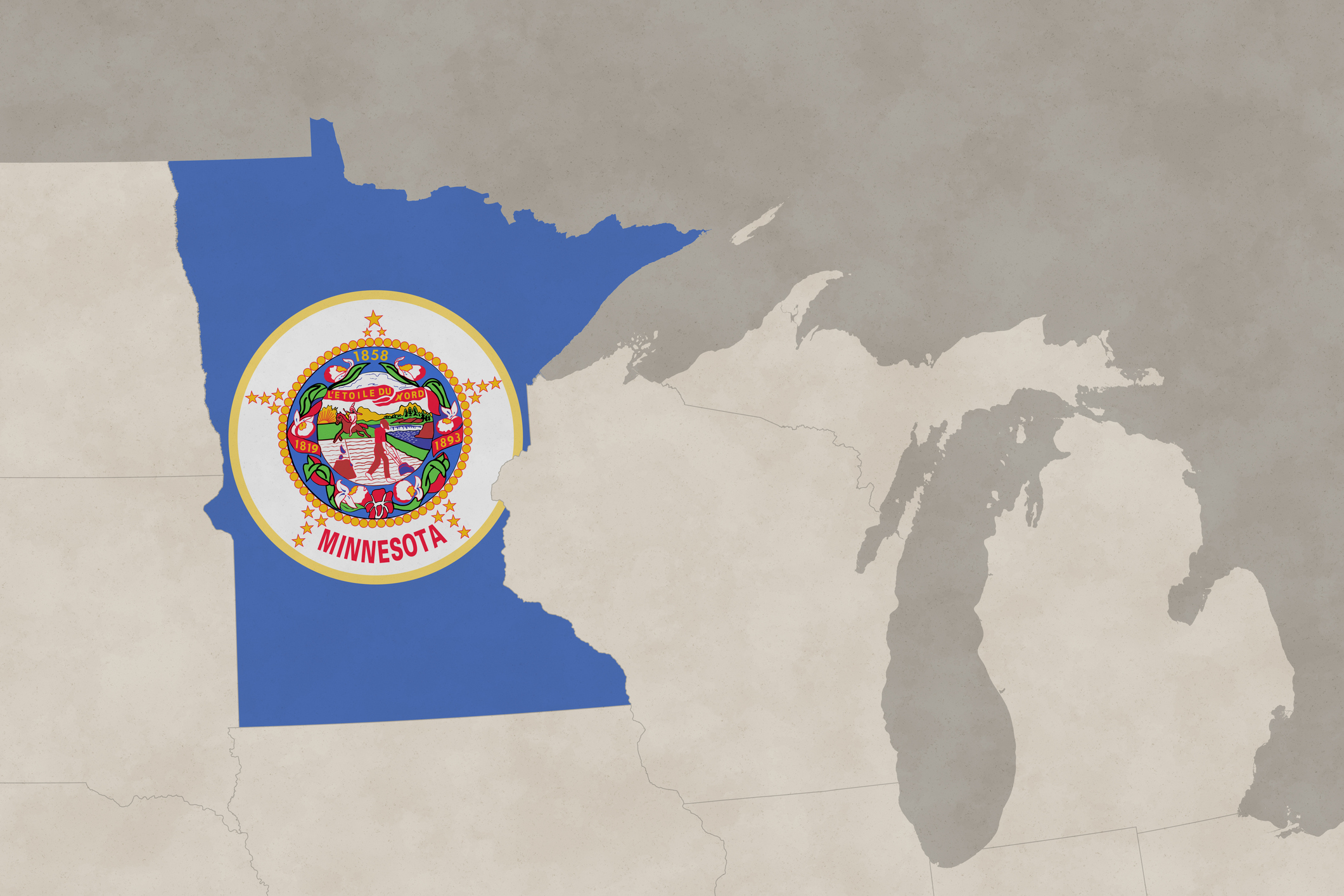
High long-term capital gains tax rate: 10.85%
For the most part, Minnesota taxes long-term capital gains the same as it does short-term gains and ordinary income.
However, high-earning investors in Minnesota are subject to an additional 1% tax on net investment income that exceeds $1 million. That makes the top tax bracket for capital gains in the North Star State 10.85%.
New Jersey
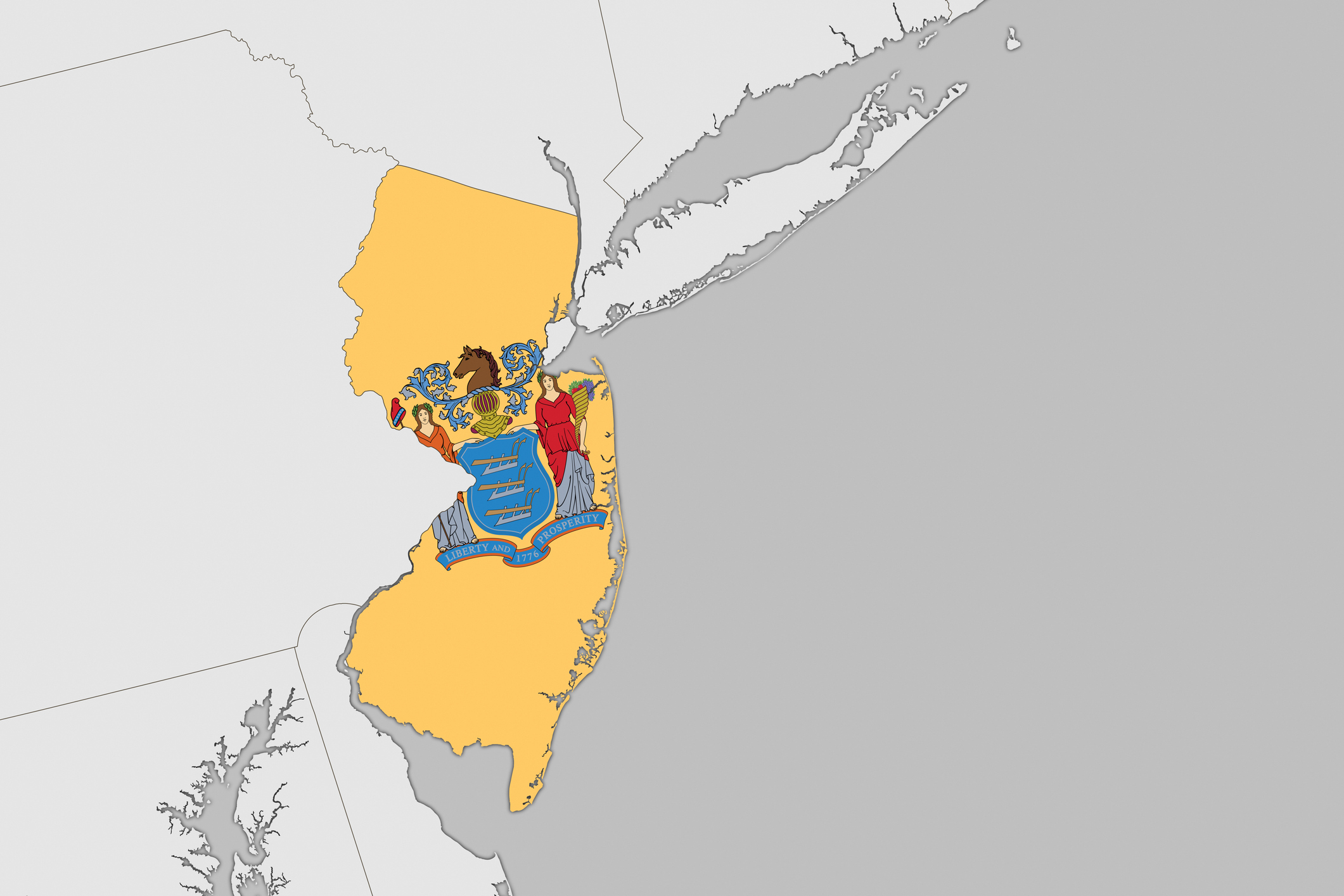
High long-term capital gains tax rate: 10.75%
New Jersey ranks just below Minnesota, with a high tax rate of 10.75%. The 10.75% rate applies to all taxable income of $1 million or more for single filers. The rate drops to 8.95% if your earnings don’t exceed half a million.
However, investors with as little as $75,000 in gains will still pay more than 6% to the Garden State.
Washington DC
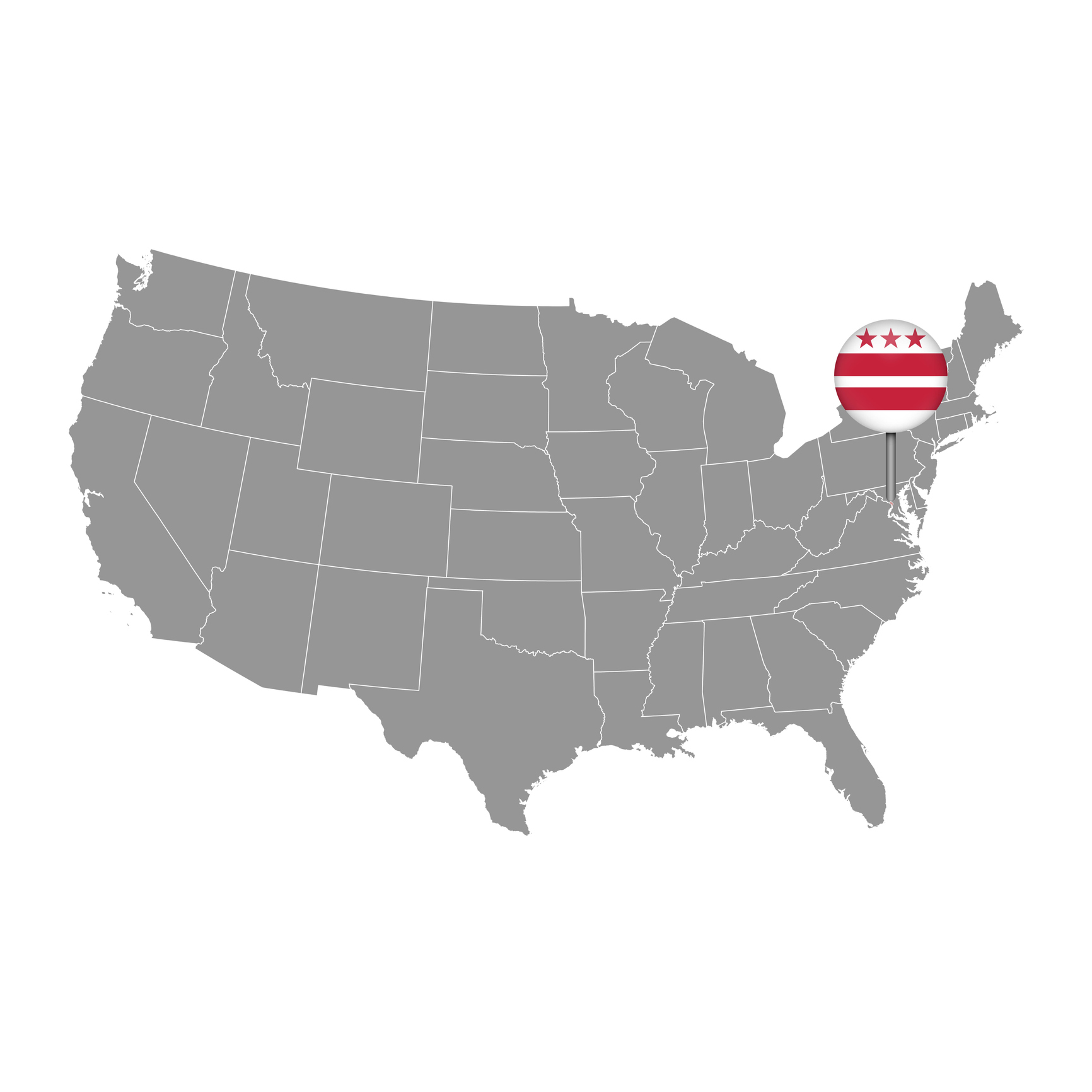
High long-term capital gains tax rate: 10.75%
The District of Columbia ties with New Jersey as the fourth worst state for investors when it comes to long-term capital gains tax rates. The high 10.75% tax rate in Washington DC applies to taxable income that exceeds $1 million.
However, lower-earning investors can also experience high tax burdens. For example, the tax rate doesn’t fall below 9% unless you have less than $250,000 in gains, and even then, income that exceeds $60,000 is taxed at more than 8%.
Oregon

High long-term capital gains tax rate: 9.9%
Long-term capital gains tax rates fall below 10% in Oregon. However, the investment income brackets are far less generous than in many states on this list.
Single filers with taxable income of $125,000 or more ($250,000 or more for joint filers) are subject to the 9.9% tax rate. And taxable income in the Beaver State that exceeds $3,750 ($8,100 for joint filers) is taxed at a minimum of 6.75%.
Massachusetts

High long-term capital gains tax rate: 9.0%
While the Massachusetts income tax rate is 5% for most people, millionaires can pay significantly more. That’s because a Massachusetts millionaire tax enacted last year requires investors and — other earners with taxable income — to pay a 4% surtax on earnings over $1 million.
In Massachusetts, investors with short-term gains (i.e., investments held for less than one year) can face even higher tax burdens, with rates that climb to 12.5%.
Vermont

High long-term capital gains tax rate: 8.75%
Long-term capital gains are taxed as regular income in Vermont. The rates range from 3.35% (on up to $42,150 for single filers and $70,450 for joint filers) to 8.75% (on more than $213,150 for joint filers and $259,500 for joint filers).
However, Vermont offers a long-term capital gains tax exclusion of up to $5,000.
Hawaii

High long-term capital gains tax rate: 7.25%
While the long-term capital gains tax is higher in Hawaii than in most states, the Aloha state places lower tax burdens on investors than workers.
All capital gains in Hawaii are taxed at a flat 7.25%, but the tax rate on earned income can reach as high as 11%. Even single filers with earned income of just $25,000 pay a higher tax rate than investors with the same earnings.
Maine

High long-term capital gains tax rate: 7.15%
Maine taxes long-term gains the same as earned income, which means investors with gains that exceed $58,050 ($116,100 for joint filers) are subject to the high 7.15% income tax rate.
The Pine Tree State doesn’t favor taxpayers with lower investment income. The lowest tax rate in Maine is still a high 5.8% and applies to income up to $24,500 (up to $49,050 for joint filers).
Honorable mention: Washington
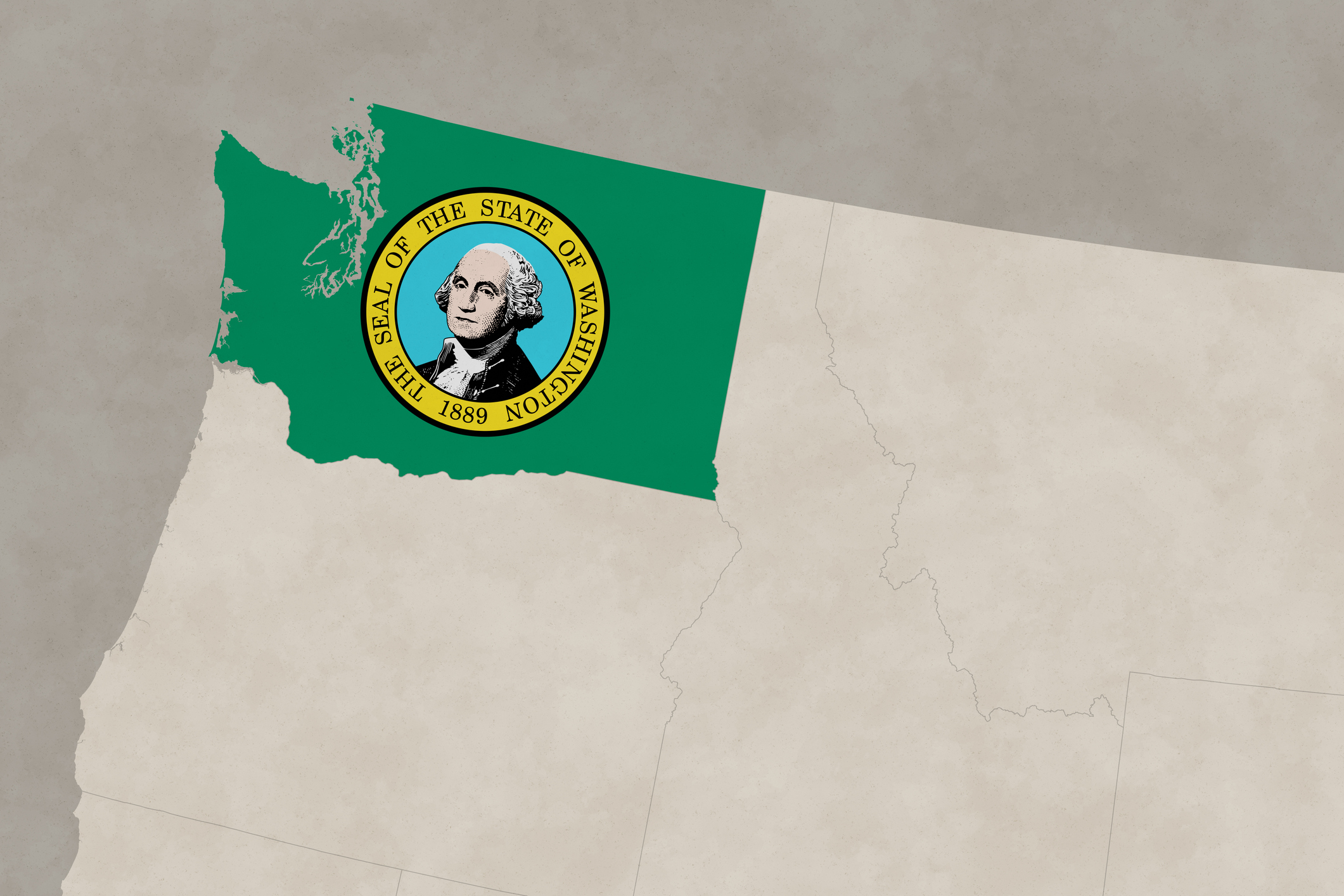
High long-term capital gains tax rate: 7.0%
Washington didn’t quite make the list of the top 10 worst states for investors. However, the Evergreen State deserves an honorable mention since it taxes certain long-term capital gains but not earned income.
The good news is that the controversial Washington capital gains tax only applies to certain long-term gains that exceed $250,000, and there is no capital gains tax on real estate.







